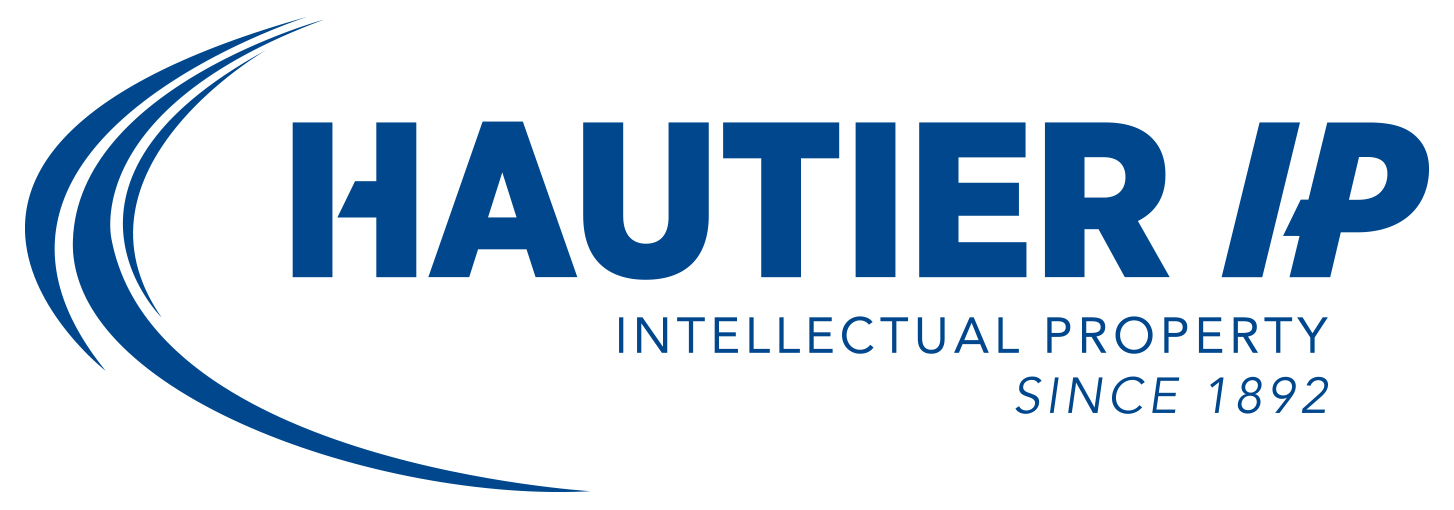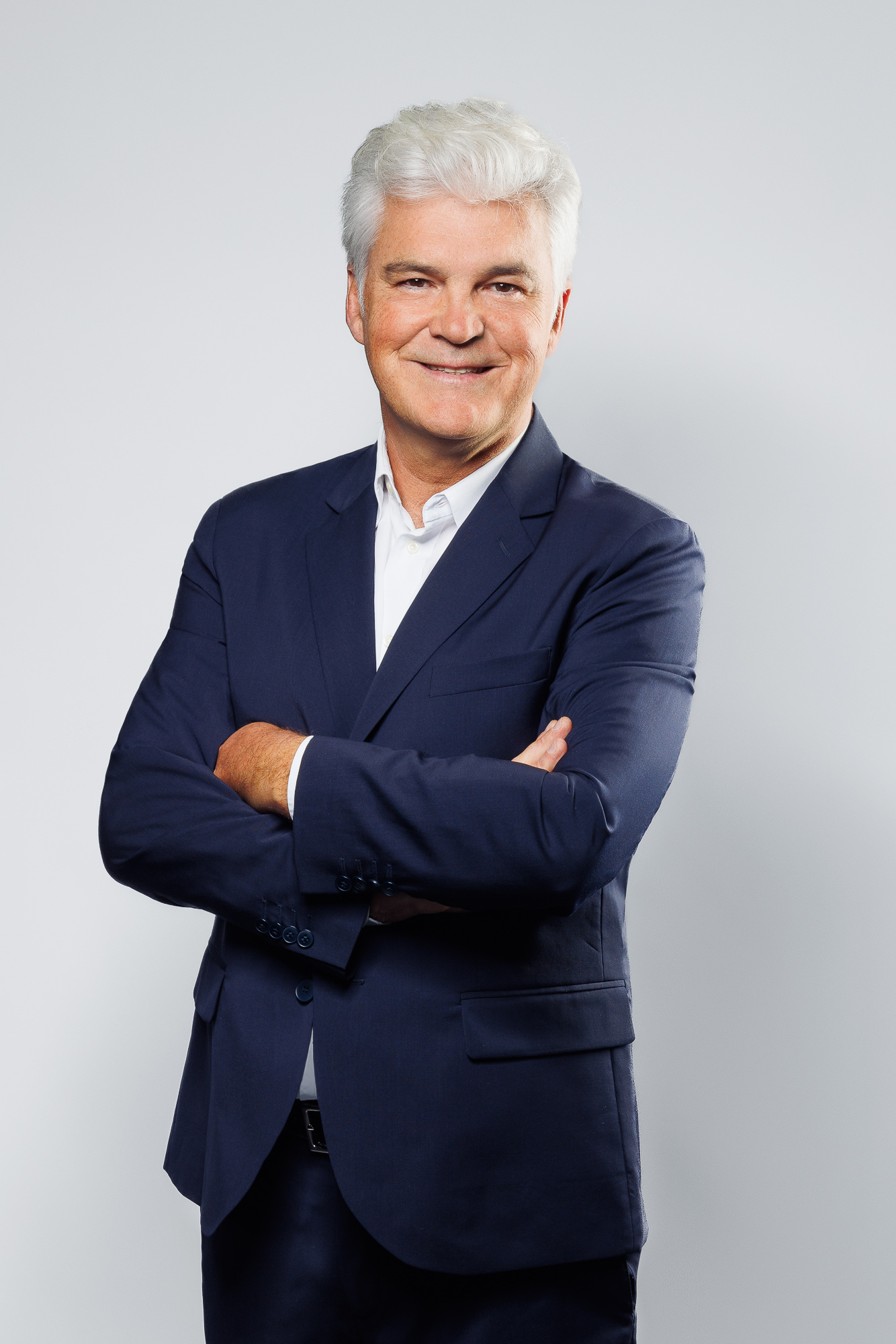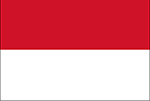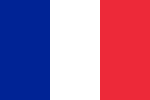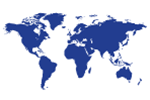
- Home
- >
- Pages
- >
- Your project
- >
- Litigation and defence
- >
- Infringement seizures
Infringement seizures
Infringement seizure is an extremely effective weapon for rights holders in the search for evidence of infringement.
Infringement seizure in particular makes it possible to enter premises where an infringement seems to be taking place, to search the suspected infringer’s documents for any items that may help to determine whether infringement has occurred (production and/or development plan, accounting documents, etc.), to seize products argued to be infringing, and to obtain police assistance in order to ensure cooperation by the alleged infringer.
The infringement seizure must be carried out by a bailiff. However, the bailiff may be accompanied by an objective third party. Thus, neither a lawyer nor the rights holder can accompany the bailiff during the infringement seizure.
On the other hand, the rights holder’s representative can accompany the bailiff in order to assist in the search for evidence. It is essential that they do so in order to consolidate a litigation file. Indeed, only the intellectual property representative has full knowledge of the intellectual property titles involved in the dispute. Therefore, it is easy for them to determine which information needs to be gathered in the search for evidence, and to influence the bailiff’s report in favour of the rights holder.
In exchange for this significant advantage given to the rights holder during the search for evidence, judges are particularly attentive to ensuring strict compliance with the legal conditions under which the infringement seizure takes place. The slightest breach of any of the legal conditions is punished by invalidity of the infringement seizure.
It is therefore essential for the lawyer and the intellectual property advisor to work together in order to prepare the application for an infringement seizure and the procedure as a whole.
Lastly, intellectual property litigation is also specific in terms of material and territorial jurisdiction.
Thus, for trademarks and designs, 10 high courts are competent, and for patents, only the High Court in Paris is competent.
